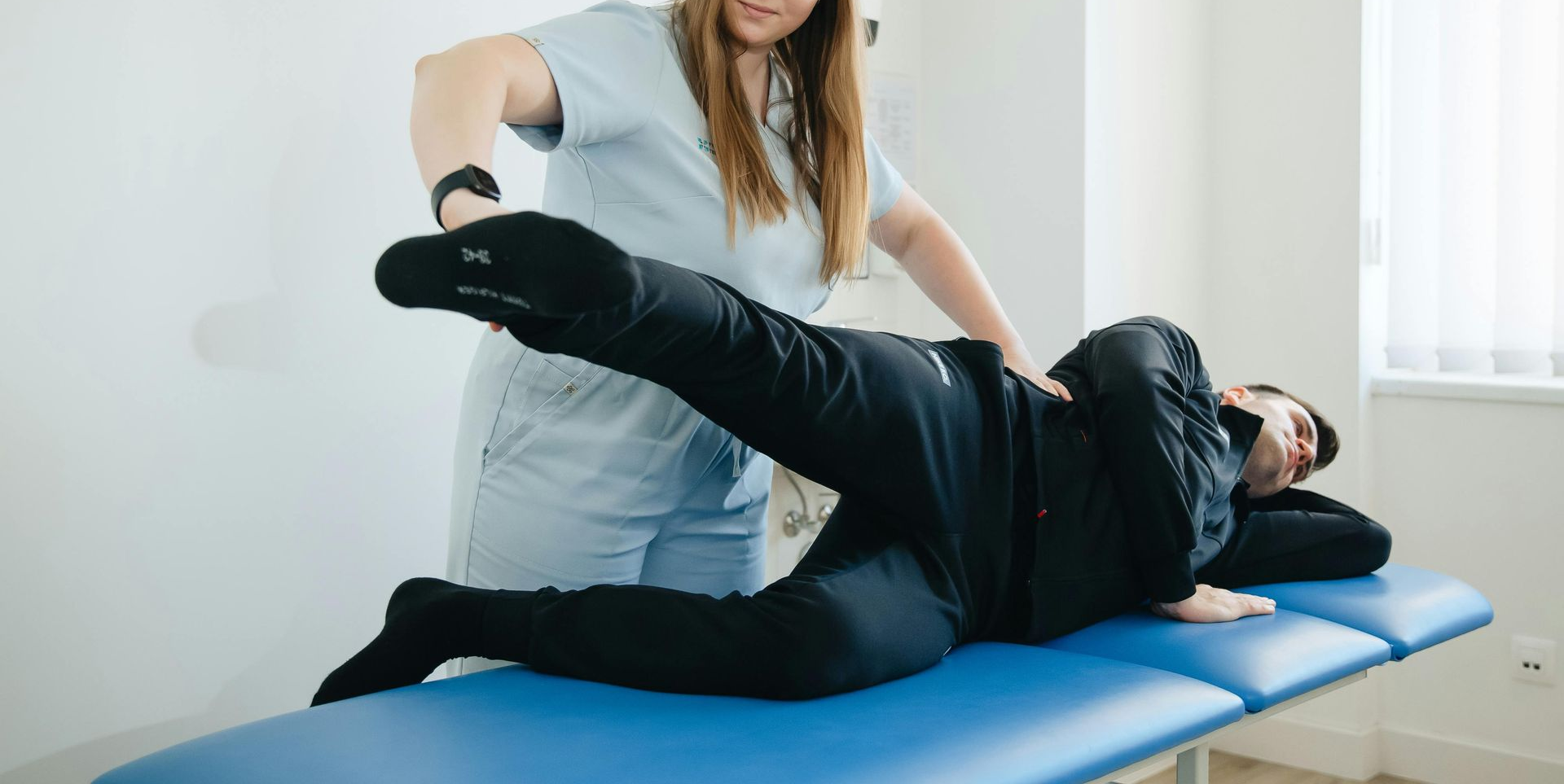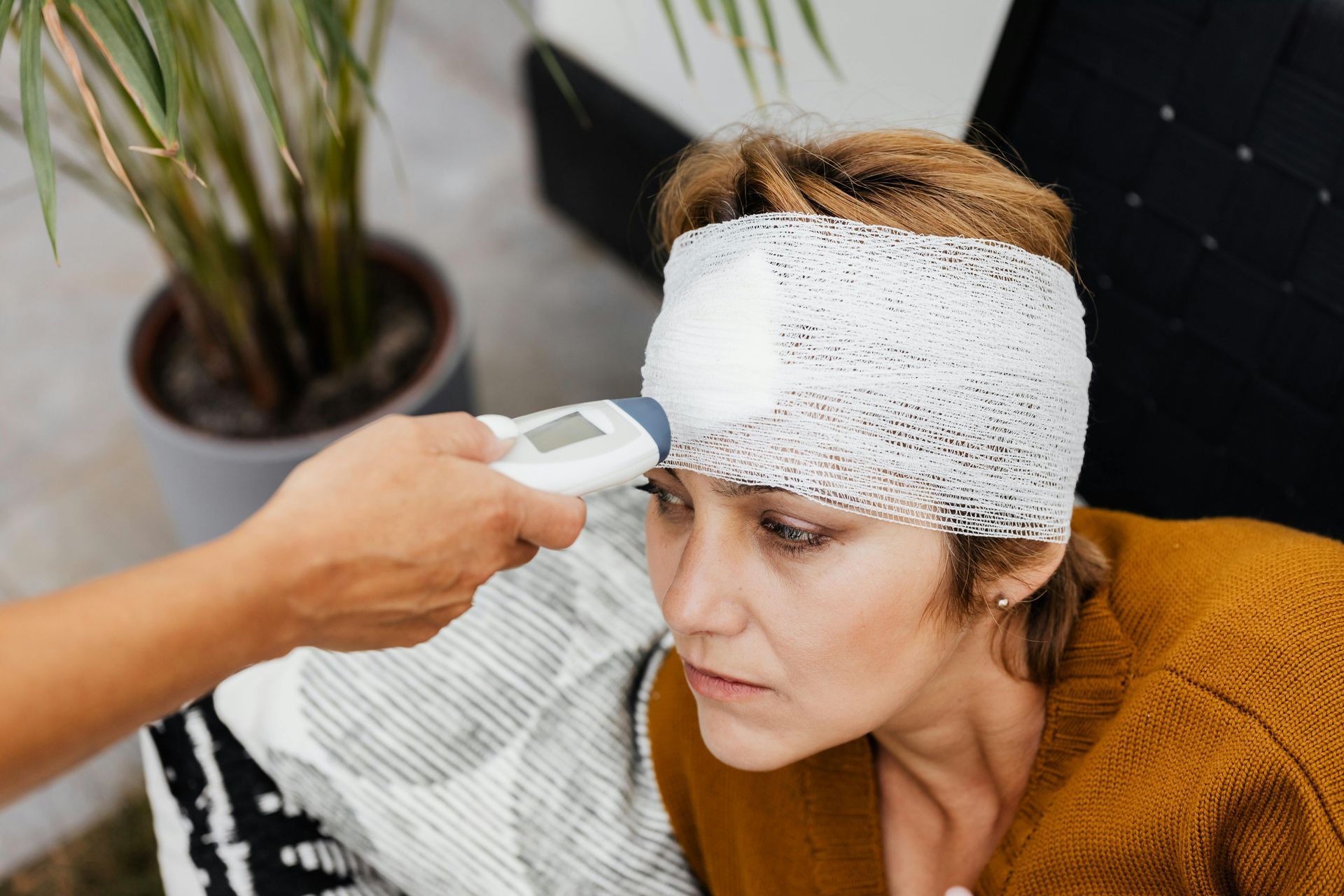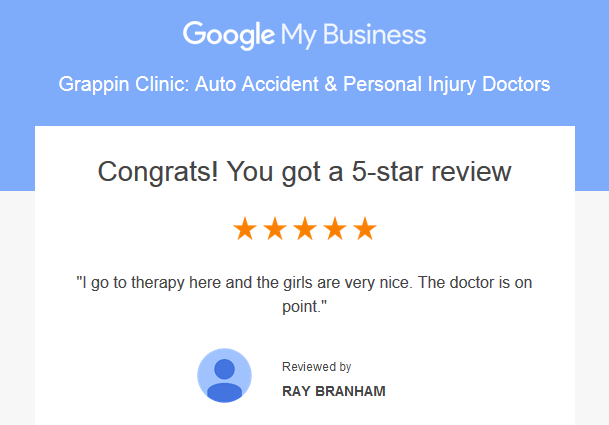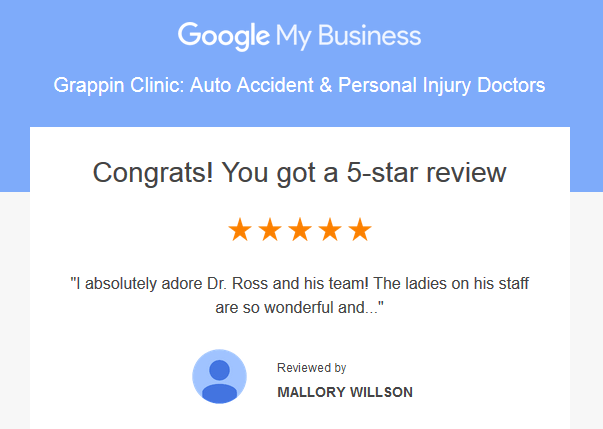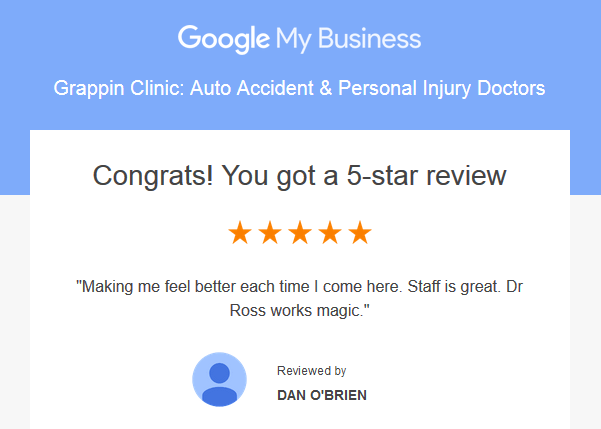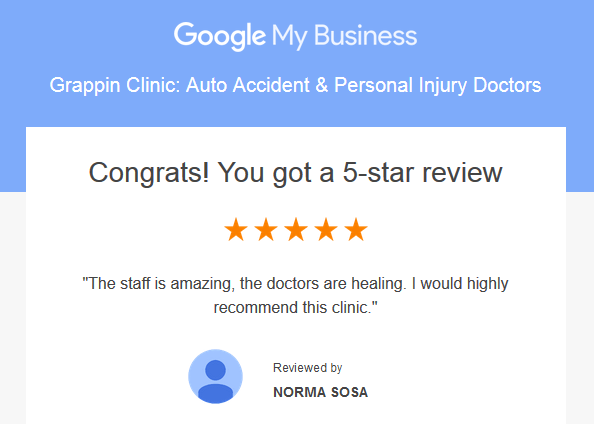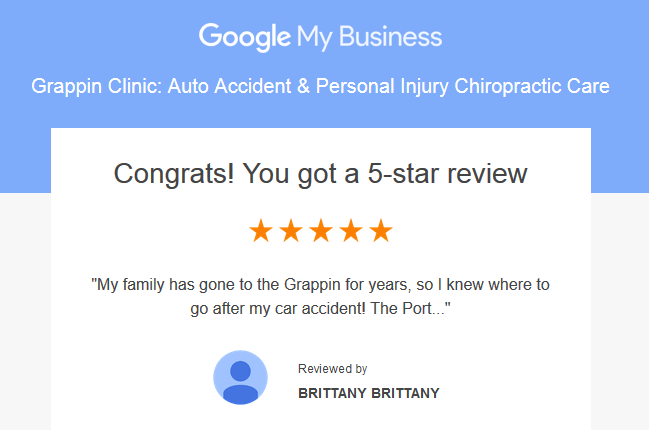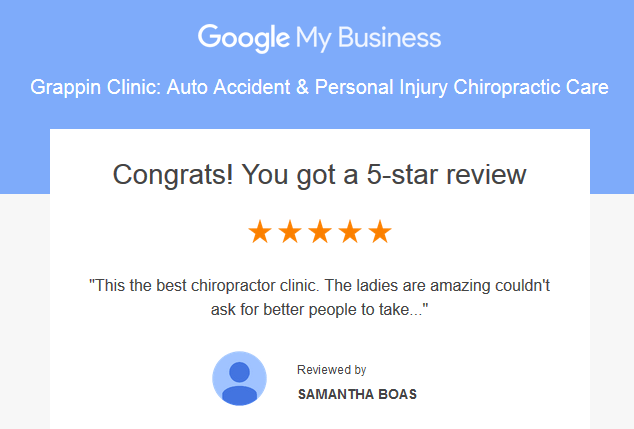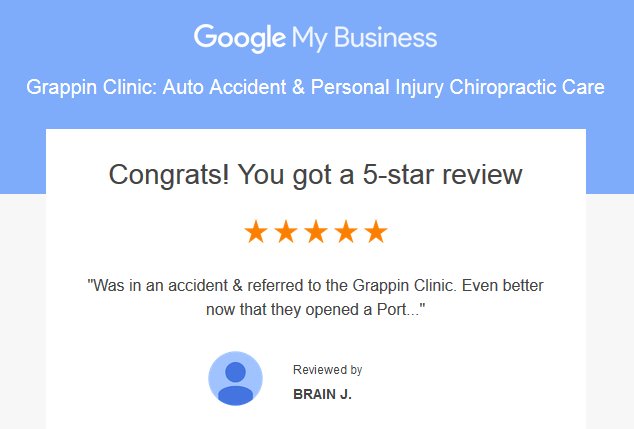Concussion Symptoms & Treatment
Functional Medicine & Chiropractic In Treatment of Concussions
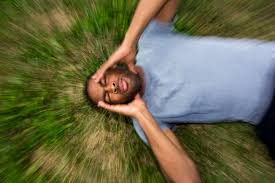
Concussions are a form of traumatic injury to the head accompanied by temporary impairment of brain function. This kind of damage is often referred to as mild traumatic brain injury (mTBI) or mild head injury (MHI) and is one of the most common kinds of external damage in the head and neck region.
In 2013, about 2.8 million traumatic brain injury-related visits to the emergency department took place in the United States. Modern studies reveal that the most common mechanisms of TBI are:
Road traffic accidents
Falls
A hit by or against a certain object
Roughly speaking, all concussions can be divided into two major groups: sports-related and not related to sports. Although the treatment in both cases is roughly universal, patients who had received a sport-related concussion often worry about how quickly they would be able to return to their training sessions, games and tournaments. A major part of the functional treatment of TBI is in explaining the importance of complete recovery before going back to physical activities: this is crucial not only for the patient’s health but also for his or her optimal physical performance.
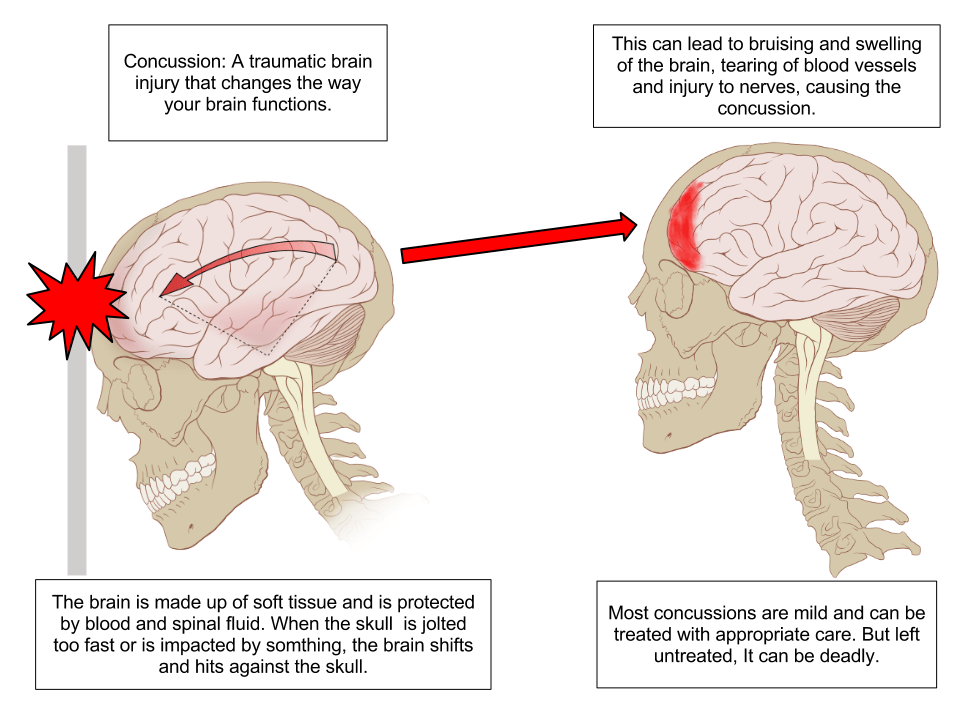
What Happens During A Concussion?
Regardless of the specific mechanism of the damage, a concussion happens when there is an abrupt and extreme change in speed. For example, when a goalkeeper is hit by a ball in the head, he receives a huge local acceleration – and the skull, being a solid structure, is the first to respond accordingly by moving in the direction of the blow.
The brain, on the other hand, is a “floating” structure suspended in cerebrovascular liquid in the skull, so it takes longer to change its direction and speed of movement. Thus, when a sudden blow to the head is received, the brain is smashed against the cranium, damaging the local soft tissues.
Similarly, when a person is driving a vehicle such as a car or bike, a sudden stop (such as due to a road accident) would cause an abrupt decrease in speed which initially affects the skull: for the next moments, the brain would be still moving in the initial direction thus hitting the skull.

The resulting symptoms from such damage may include:
Physical: headache (both local and diffuse), nausea, vomiting,
increased sensitivity to light and sound, dizziness, seeing flashes of
light or blinking stars, blurred vision, tinnitus (ringing in the ears).
Emotional and behavioral: depression, anxiety, sleepiness or insomnia, fatigue, irritability.
Cognitive: impaired memory and concentration, feeling “slowed down” or “in a fog.”
But that’s just half of the problem. According to the Center for Disease Control and Prevention, people who had suffered from a concussion have significantly increased risk of dying from other medical issues such as:
Seizures – 50-fold increase in risk.
Accidental drug poisoning – 11-fold increase in risk.
Infections – 9-fold increase in risk.
Pneumonia – 6-fold increase in risk.
This is why a holistic treatment of concussions is crucial for the long-term health of each and every patient, as it should alleviate not only the initial symptoms, but prevent the development of subsequent health problems as well.
The Conventional Approach to the Treatment of Concussions
In terms of treating concussions, most doctors focus on the principle “prevent additional brain damage.” This is done mainly through the prescription of such medications as painkillers, non-steroid anti-inflammatory drugs (to prevent brain swelling), antibiotics (to prevent infections during the recovery period), antidepressants, and rarely diuretics (to remove excess fluid from the body). Although such an approach is viable and brings a lot of benefits, it almost completely misses the non-brain damage from a concussion, as well as delayed long-term health issues.
Granted, it’s better than nothing but it can hardly be considered an end-to-end therapy. Although this treatment is great in alleviating immediate manifestations, it does not decrease the long-term impact of the injury. In other words, the patient who chooses conventional treatment for his or her concussion might have to resort to medical care years after the injury, often unaware that the damage could have been avoided a long time ago. Luckily, different aspects of functional treatment have been proved to be successful in treating long-term outcomes of traumatic brain injury.
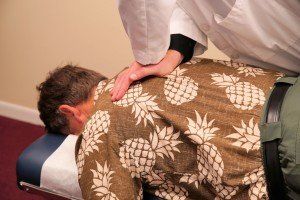
Functional Medicine for the Treatment of Concussions
The human brain is attached to the spinal cord, thus sudden movement of the former inevitably affects the latter. Even if the brainstem is abruptly shifted by a fraction of a millimeter, all sorts of health problems can arise in the entire body as a result of spinal root and nerve dislocation.
This is why spinal manipulation therapy (SMT), as a form of chiropractic treatment, proves to be so effective in treating traumatic events of the cervical spine, which are often accompanied by concussions. Besides improving long-term outcome, it also decreases pain, increases the range of motion, and alleviates local muscle spasm.
Chiropractic techniques have shown to be effective even after months after the initial incident using the technique of Atlas Orthogonal Chiropractic for upper cervical adjustment. Certain reports affirm that a similar chiropractic technique is great in treating post-concussion syndrome years after the initial damage.
We also use Graston, scar tissue therapy, and dry needling to help remove the damage from the initial injury in the neck and head. This helps to improve circulation and lessen the pain and stiffness.
Another important component in the functional treatment of concussions is the assessment of factors that could slow down or compromise the speed of healing, thus directly impacting the period that an athlete might have to wait to return to the field. Diet and specific physical activity can have a drastic impact on the rates of brain recovery after all kinds of damage, and this is why a holistic approach is so important to ensure long-term outcomes. We also incorporate neurotransmitter therapy, so the patient no longer feels like they are in a fog and can make decisions. The bottom line is after a traumatic brain injury, patients are surviving to get through the day. They are nervous it will happen again, they hurt, they are slow to recover and performance tends to be lacking (especially mental focus and job performance).
If you’ve experienced a head injury or possible concussion from an auto accident or personal injury call Grappin Clinic as soon as possible for an evaluation. Grappin Clinic has locations in Bradenton, North Port and Port Charlotte Florida and they are experienced with accident injuries and their treatment. Call 941-426-9551 for an appointment.
.
.
.
Article Source: https://EzineArticles.com/expert/Ann_Barter/2499670



